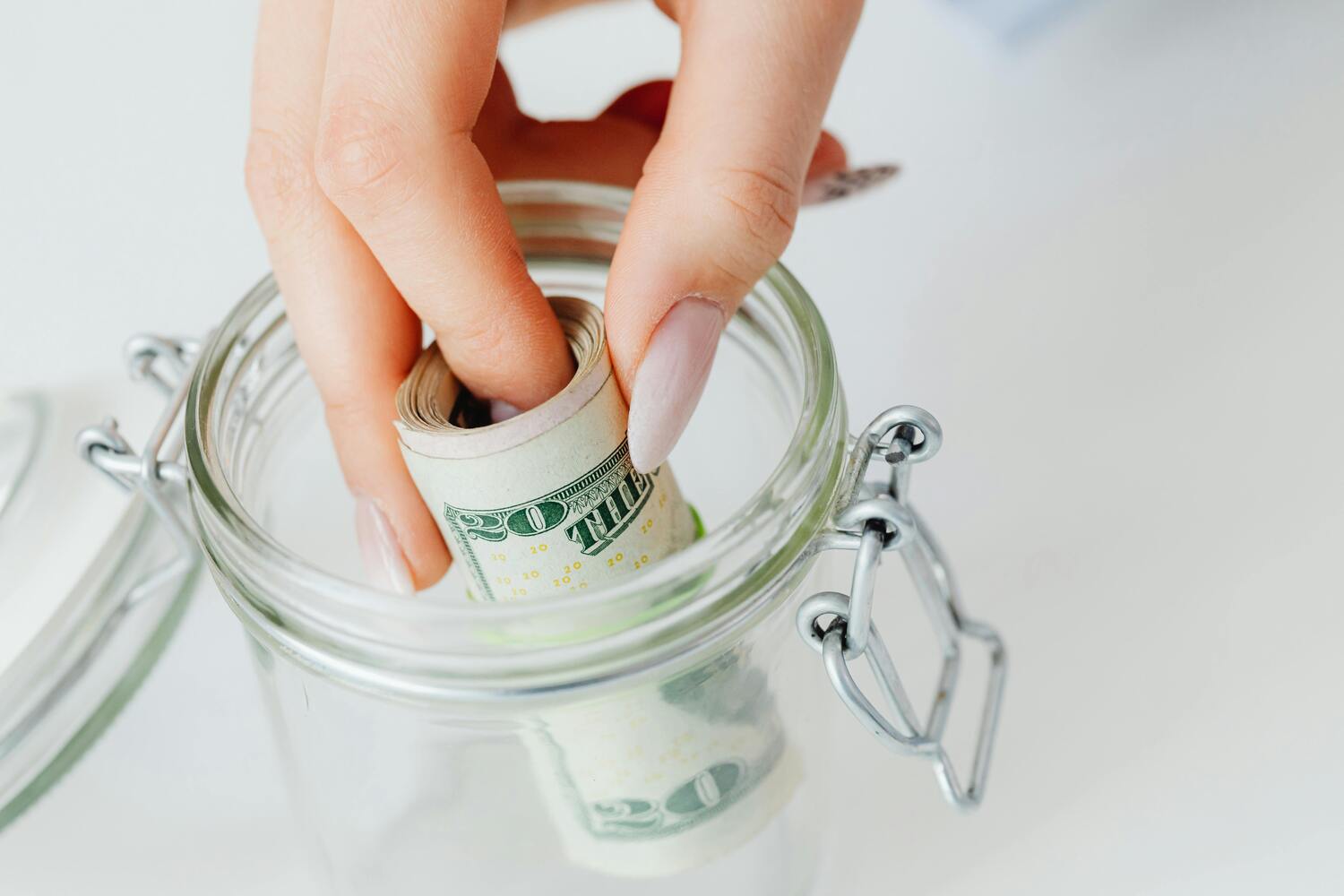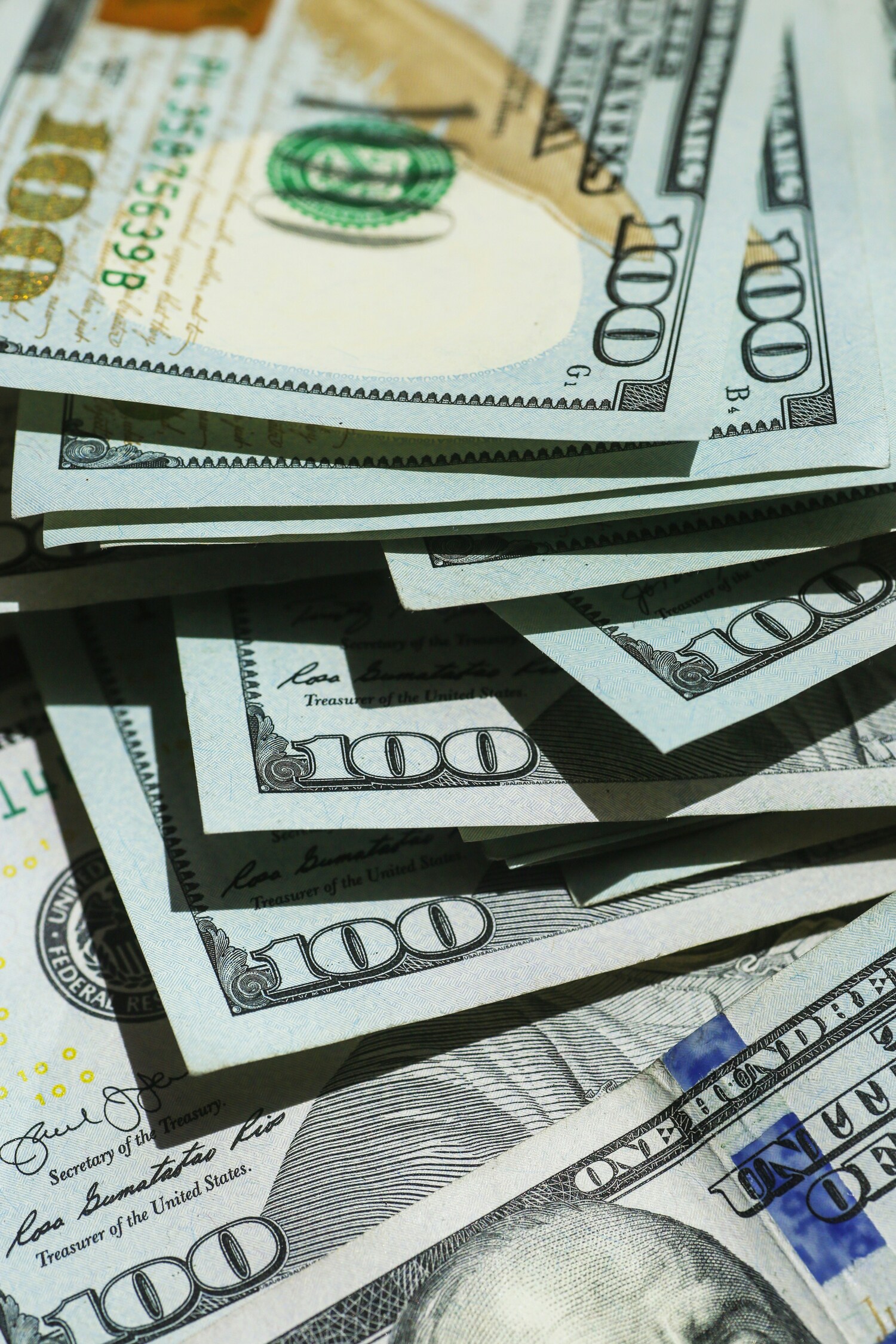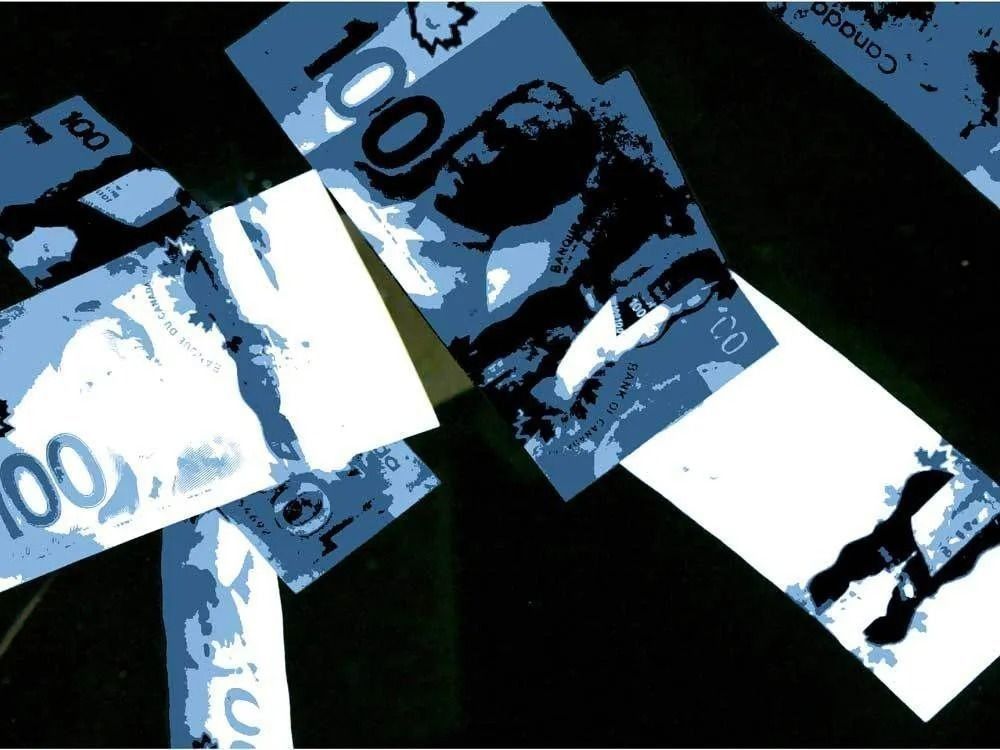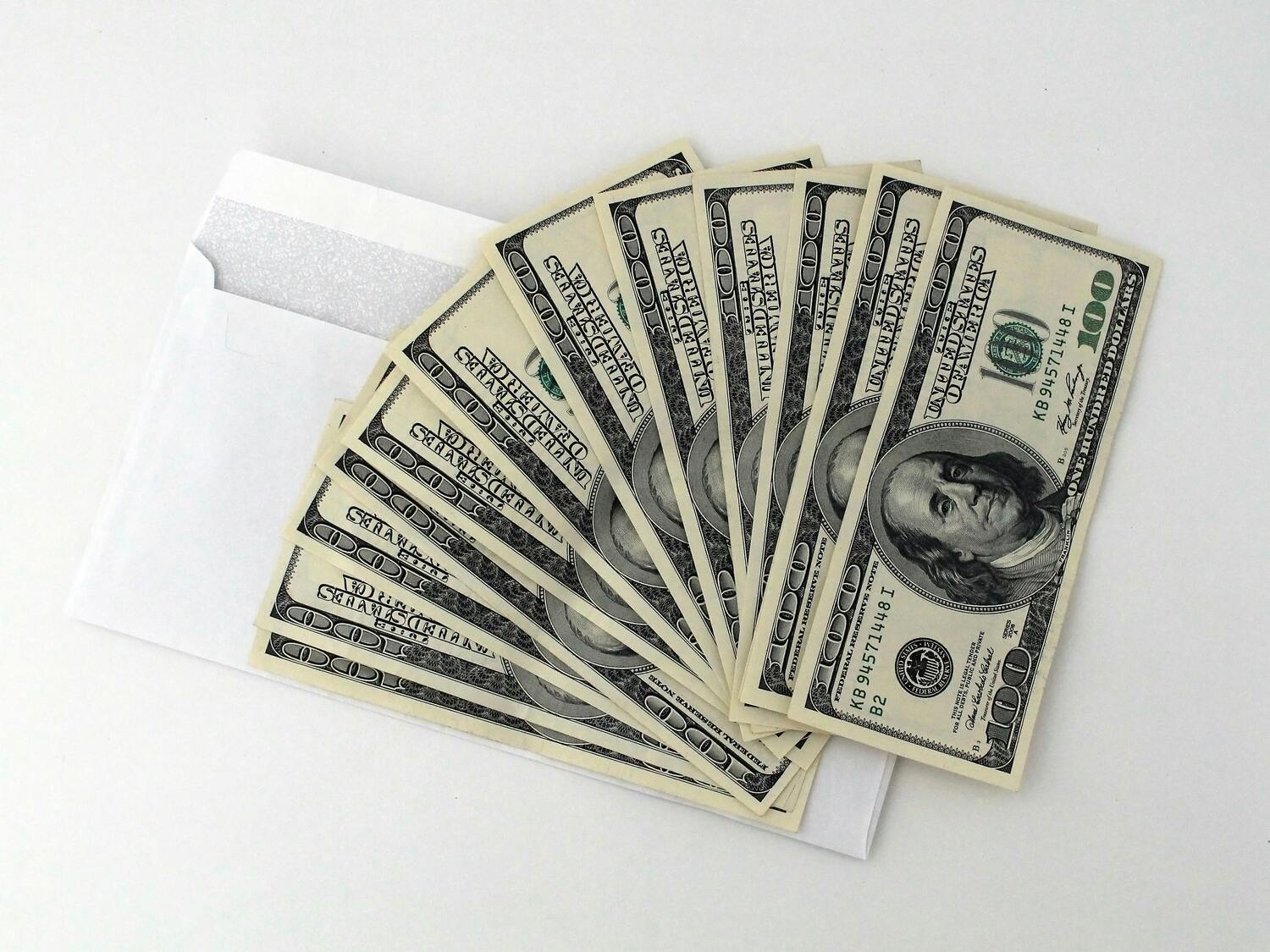
An emergency fund is your monetary security web. It’s the cash you put aside earlier than catastrophe strikes…not after. Whether or not it’s a job loss, medical emergency, automotive breakdown, or surprising residence restore, having accessible financial savings can forestall you from spiraling into high-interest debt or monetary panic. Too usually, emergencies turn out to be catastrophes not due to the occasion itself however due to the shortage of funds to deal with it.
Even when your job feels safe and your payments are present, surprising bills are inevitable. Life doesn’t give warnings earlier than it derails your plans. An emergency fund received’t get rid of stress, however it provides you respiratory room to assume clearly and make sensible choices when life throws you a curveball. In as we speak’s financial system, having one isn’t simply sensible. It’s important.
How A lot Ought to You Actually Have Saved?
The usual recommendation is three to 6 months’ value of residing bills, however that’s not one-size-fits-all. Your very best emergency fund will depend on your way of life, job stability, earnings sources, and variety of dependents. A single freelancer might have extra financial savings than a dual-income family with regular authorities jobs. Suppose realistically: how lengthy wouldn’t it take you to interchange your earnings if it immediately disappeared?
Begin by calculating your bare-bones month-to-month bills—housing, meals, transportation, insurance coverage, and minimal debt funds. Multiply that by three, then by six. That offers you your emergency fund vary. If that quantity feels overwhelming, don’t panic. You don’t should hit it in a single day. Even $500 to $1,000 in emergency money can cease a shock invoice from derailing your finances.
Why “Emergency” Means Emergency
It would sound apparent, however your emergency fund ought to solely be used for true emergencies. Meaning no tapping into it for live performance tickets, holidays, or new furnishings, irrespective of how tempting. The purpose of this fund is to create monetary distance between you and your subsequent disaster. Diluting it for non-urgent desires undermines its complete goal.
The extra usually you dip into your emergency fund for non-essential bills, the tougher it’s to belief it’ll be there while you really need it. Over time, that belief is essential. Deal with your emergency fund like a sacred vault: entry it solely when there are not any higher choices and solely when the choice is worse (like bank card debt or eviction). Boundaries are what make it work.
The place to Hold Your Emergency Fund
Your emergency fund needs to be liquid, protected, and simply accessible, however not too accessible. A high-yield financial savings account is usually one of the best place. It earns some curiosity whereas remaining separate out of your on a regular basis checking account. Preserving it out of instant attain (however not locked in an funding account or tied to the market) helps scale back the temptation to make use of it for non-emergencies.
Keep away from placing your emergency fund in shares, retirement accounts, and even CDs. Emergencies usually require prompt entry, and also you don’t need to be penalized or threat losses should you want your cash shortly. On-line financial savings accounts often supply one of the best mixture of entry and curiosity, making them a sensible alternative in your security web.

Begin Saving, Even If You’re Broke
Should you’re residing paycheck to paycheck, saving cash would possibly really feel like a fantasy. However you don’t want to attend for a windfall to get began. Start with a small, particular purpose—like saving $10 per week or stashing your tax refund. The hot button is consistency, not perfection. Tiny deposits add up sooner than you assume while you automate them and cease ready for the “good” time to begin.
You can too search for low-effort methods to chop bills briefly—pausing subscriptions, meal planning, or promoting unused objects—to funnel further money into your fund. Even rounding up your debit card purchases into financial savings is a approach to construct momentum. The vital factor is proving to your self that saving is feasible, even when it’s simply in small doses at first.
Automate It: The Lazy Solution to Construct a Security Web
One of many best methods to construct your emergency fund is to automate your financial savings. Arrange a recurring switch—weekly, bi-weekly, or month-to-month—so a set quantity strikes from checking to financial savings with out you having to consider it. This “pay your self first” mannequin treats your financial savings like a invoice, not a bonus.
Automation removes emotion and excuses from the equation. When the choice is made forward of time, it’s simpler to remain on monitor—even while you’re busy, burdened, or tempted to spend. Consider it as setting a monetary autopilot that steadily builds your cushion. And one of the best half? You’ll barely discover the cash leaving till you really need it.
Rebuild After You Use It
Utilizing your emergency fund isn’t a failure. It means it labored precisely as supposed. Nonetheless, it’s regular to really feel weak when you’ve dipped into your security web. The vital factor is to replenish it as quickly as you’re in a position. Deal with the rebuild as your new monetary precedence, even should you can solely contribute a bit at a time.
Typically, utilizing your funds can reveal gaps in your insurance coverage, earnings streams, or finances. Let it’s a studying alternative, not a setback. Rebuilding would possibly require some momentary cutbacks, however the peace of thoughts that comes from having that cushion once more is definitely worth the short-term sacrifice. Bear in mind, you’re not beginning over. You’re reinforcing your basis.
Your Emergency Fund Is the First Step Towards Monetary Freedom
An emergency fund isn’t nearly masking shock payments. It’s about gaining management over your monetary life. It provides you choices, reduces panic, and prevents small issues from turning into main crises. Extra importantly, it’s the cornerstone of economic independence. Earlier than you make investments, earlier than you sort out debt aggressively, earlier than you are taking main dangers, that is the fund that protects you.
Whether or not you’re ranging from zero or rebuilding after successful, don’t underestimate the facility of getting even just a few hundred {dollars} saved. It’s not nearly survival. It’s about dignity, confidence, and respiratory room. Irrespective of how small your first step is, taking it means you’re shifting ahead.
What helped you lastly begin your emergency fund, or what’s nonetheless holding you again?
Learn Extra:
5 Objects That Are the Smartest Investments for Your Emergency Finances
Emergency Loans vs. Saving Funds: What You Must Know for Monetary Emergencies
Riley is an Arizona native with over 9 years of writing expertise. From private finance to journey to digital advertising to popular culture, she’s written about all the pieces below the solar. When she’s not writing, she’s spending her time exterior, studying, or cuddling along with her two corgis.




